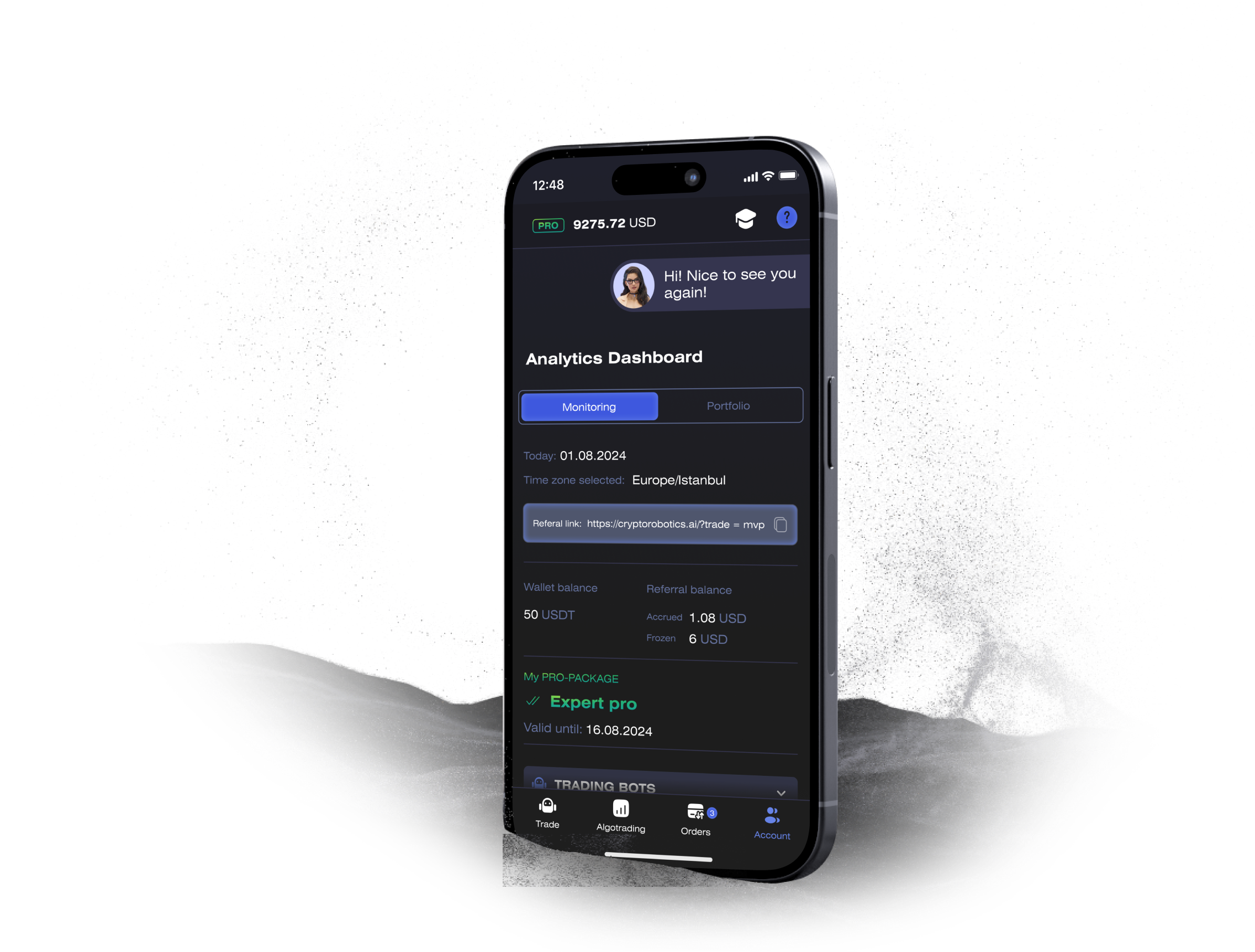Published: January 09, 2025 at 2:20 pm
Updated on January 09, 2025 at 2:20 pm


Cryptocurrencies are vaulting into the mainstream, attracting both trade enthusiasts and the criminal underbelly. Case in point: an attack in Phuket on a crypto investor for a purported $120,000 debt. This isn’t just about defending a balance; it’s about shielding oneself from a very real physical threat.
We’ve all heard that the promise of crypto lies in its anonymity. But with that comes a darker side, one that can breed violence. Anonymity can lead to deindividuation, where people feel detached from their actions, potentially pushing them toward aggressive conduct. Recent events make clear that the ability to hide behind a digital facade can embolden criminals.
The Phuket assault is a case in point. Two Russian nationals allegedly sought revenge on a 31-year-old investor for an outstanding debt in digital currency. When the victim refused to cooperate, they didn’t just threaten him; they beat him senseless, stole $20,000 cash, and left him bound in a hotel bathroom. Instances like these are on the rise, making it no longer just hypothetical that crypto-related dealings can turn violent.
As the world of crypto becomes more intertwined with both wealth and threat, investors need to consider their safety. Here’s a rundown of what you can do to protect yourself.
Invest in a hardware wallet. These cold wallets will keep your private keys offline and immune to hacking. Devices like Ledger or Trezor are your best bet at keeping them out of the hands of thieves.
Make sure that all devices used for crypto transactions are secured and locked. Add layers to your security: passwords, biometric locks, the works. Be aware of your surroundings to avoid someone watching, and then swooping in.
Regularly back up your wallet and store them in multiple secure locations. Write down your seed phrases on paper and put them in a fireproof safe.
Try to do your transactions on hardware dedicated to crypto and on a secure network. Public Wi-Fi is a no-go.
Consider splitting your private key and keeping parts in different locations to increase security.
For high-net-worth individuals, cryptoasset bunkers might be an option. These places provide military-grade security, manual transaction processes to avoid cyber attacks, and other means of keeping your assets safe.
Keeping an eye on your accounts and transaction activities is essential. Set up alerts to notify you of any unusual activity.
Digital currency trading platforms also have a responsibility to protect their users. Here are some ways they can help:
Platforms use two-factor authentication, cold storage for the majority of funds, encryption for sensitive data, and multi-signature wallets.
Adhering to regulations and conducting regular audits can help protect users.
Offering educational resources can go a long way in helping users identify potential threats.
Using firewalls, IDPS, and VPNs help secure their infrastructure.
Keeping devices and applications up to date can help mitigate cyber threats.
The world of cryptocurrency has its risks, particularly regarding anonymity. As we see violence linked to cryptocurrencies continue to rise, it’s crucial for both individual investors and digital currency trading platforms to fortify their defenses against threats. Balancing the innovation of crypto with the measures to protect users is more important than ever.
Access the full functionality of CryptoRobotics by downloading the trading app. This app allows you to manage and adjust your best directly from your smartphone or tablet.
